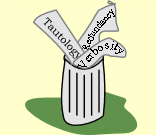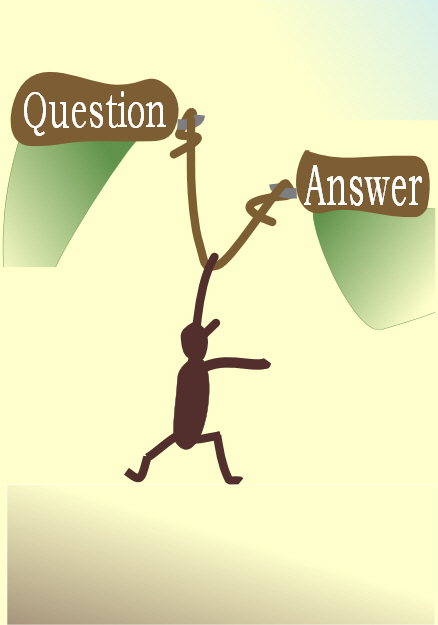|
Number 34 — May 20, 2005 · Previous · INDEX · Next · I will end my dissertation on "ly" words in this article. Here is yet another example: But this absolutely floored me. A word ending in "ly" combined with a colloquialism that does not deliver an image. We could write the sentence without the word absolutely and deliver the same impact. (But this floored me.) The meaning of the statement is not in doubt, but it is an expression that does not do justice to storytelling because it does not deliver an image. Is something hidden here? Was the speaker astounded? Astonished? Surprised? Happy? Or, lying on the floor unconscious? Friends and family at the party were equally impressed. What did the author mean and how could she testify to the equality of the friends' and family's impressions? Why did she write the sentence in the passive voice setting the focus on the friends and family? The word equally is unnecessary and out of place. It would have been enough to write; "Friends and family at the party were impressed." (Still passive.) Or, if sharing the reaction is important to the context of the scene, then expand the image, put the focus on the reaction, and write in the active voice. Mouths hung open beneath unblinking eyes while the magician enjoyed the stunning reaction his trick evoked. Again, create an image; show your reader a picture. I repeat my earlier caveat; I do not claim you should erase adverbs from your vocabulary. Sometimes an adverb is perfect for the idea you want to express. When that arises, use the adverb, but challenge it first. Look behind it, around it, and through it to make sure it does not mask something your reader should see. Make a note of the hidden emotion and revise your work to bring that emotion to the forefront so readers have no difficulty understanding the scene you are trying to show them. Stephen threw his workbook across the room. He rested his head in his right hand, closed his eyes, and tried to ease the tenseness in his shoulders. 'I cannot get it right,' he said. The word simply is no longer needed since it contributes nothing to the emotion in the scene. Good writing omits tautology (needless repetition of the same sense in different words), verbosity (wordiness) and redundancy (needless repetition). They serve no purpose except to fill space. Search for clear imagery instead. |


